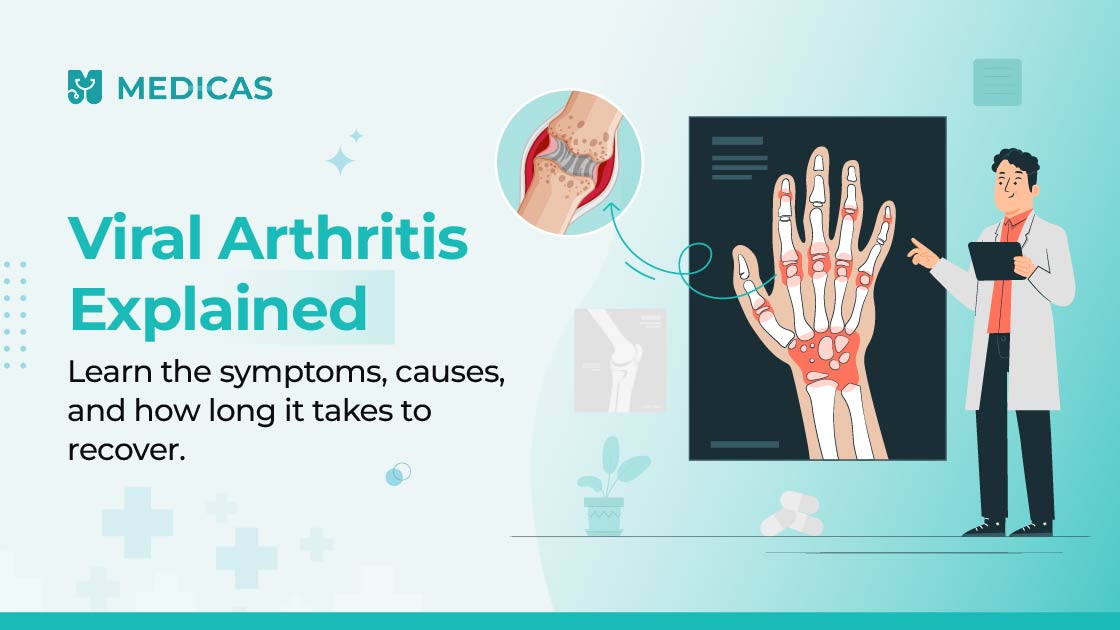What Is Viral Arthritis? Symptoms, Treatment, and Recovery Time
Viral arthritis is a temporary form of joint inflammation caused by a viral infection. It often develops after illnesses such as dengue, chikungunya, hepatitis B or C, or parvovirus B19. This condition can affect people of all ages and is more common in regions where viral infections are widespread.
Symptoms of viral arthritis include joint pain (especially in knees, ankles, or wrists), swelling, stiffness, low-grade fever, skin rash, and fatigue. These symptoms may appear suddenly and usually follow a recent viral illness.
Treatment typically focuses on relieving pain and inflammation. Doctors often recommend non-steroidal anti-inflammatory drugs (NSAIDs), pain relievers like paracetamol, rest, and hydration. In severe cases, corticosteroids or antiviral medications may be prescribed under medical supervision. Gentle stretching exercises and cold or heat therapy can also support recovery.
Recovery time varies depending on the severity and virus involved. Mild cases resolve in 1–3 weeks, while post-viral arthritis from infections like chikungunya may take up to 6 weeks. Rarely, symptoms can persist for several months.
If joint pain lingers after a fever or viral infection, it’s important to consult a doctor. Early diagnosis and proper care can help manage symptoms and prevent complications.
For expert guidance, consult a specialist through Medicas:https://www.blogs.medicasapp.com/viral-arthritis-symptoms-treatment-recovery/





Comments